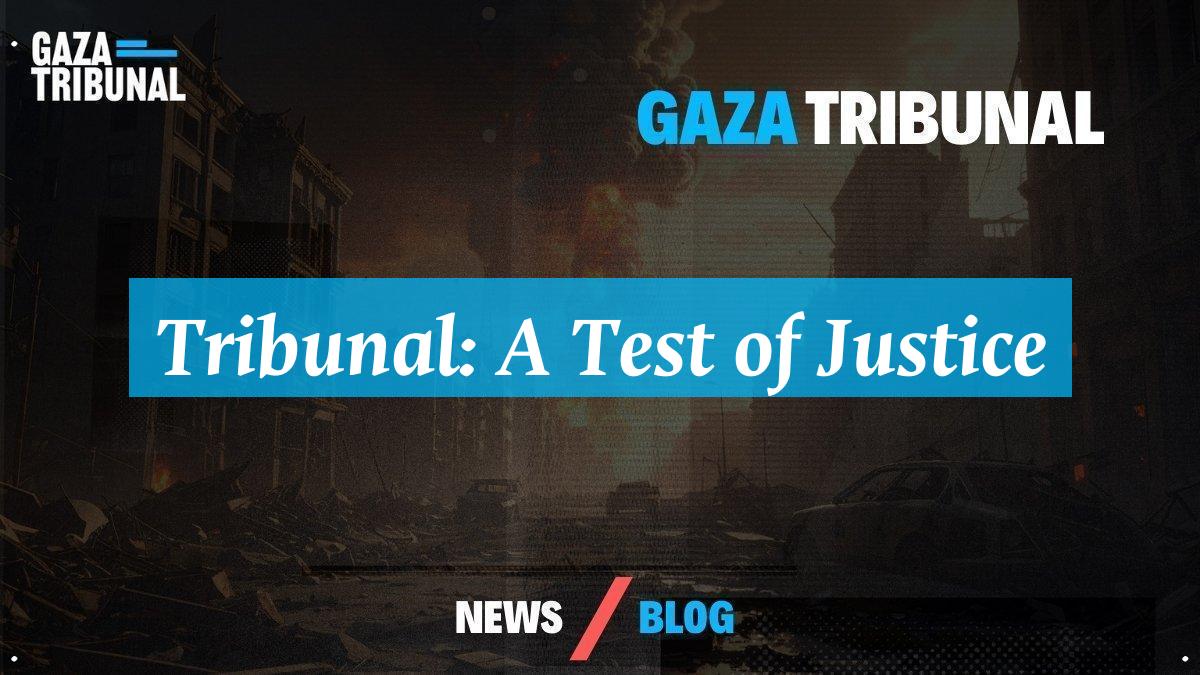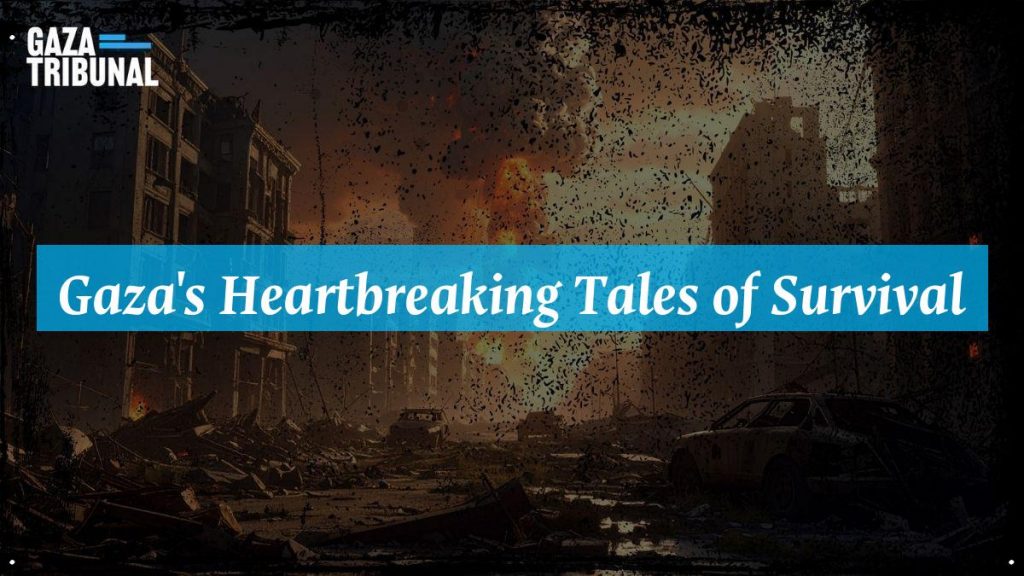Muhammad Abu Nada’s heart-wrenching tale stands as a stark reminder of the Hamas conflict’s brutal impacts on individuals in Gaza. In a world often numb to human suffering, his story serves not only as a plea for justice but also as a tribute to those lost. The deep grief he carries has transformed into a responsibility, compelling him to ensure that his family’s memories do not fade into oblivion. Yet, beyond the pain lies a fierce determination, prompting us to ponder what truly defines survival amid such conflict. What are the broader implications of recounting these personal narratives? Essential threads of humanity weave through his experience, urging us to confront the uncomfortable truths that lie beneath the surface. Read more about related news.
As we delve deeper into Muhammad’s ongoing journey, we witness how sorrow transforms into a powerful call to action. The airstrike that shattered his life also ignited his resolve to capture the essence of those he lost, honoring them through storytelling. With each word spoken, he breathes life into their memories, turning grief into collective advocacy. Yet, this quest for remembrance poses an immense challenge: how to navigate personal loss while pushing for justice on a larger scale? Each fragment of hope unravels the narrative of despair, and Muhammad embodies resilience in an environment fraught with adversity. His commitment to amplifying voices beyond the headlines presents a stark contrast to the silence that often surrounds these tragedies. As he asserts, “If we don’t speak up, who will?” His inquiry resonates deeply, igniting a shared responsibility to advocate for those rendered invisible by the tragedies of war. Visit our homepage for more stories.
The Weight of Loss
Loss shapes lives in unimaginable ways. For individuals like Muhammad Abu Nada, the impact becomes both personal and profound. His story began with a heart-wrenching phone call, a moment that redefined his existence. “Your family is gone,” the voice informed him. Those words transformed everything. With a single statement, joy turned to despair, and hope faded. As he stood among the rubble of his former life, he felt the burden of grief settle in. Each memory became a reminder of what once was, and the absence of laughter echoed in his heart. How does one move forward when everything feels shattered? This question haunts him.
Yet, amid the sorrow, Muhammad finds a flicker of determination. He realizes that remembering his family is crucial. By sharing their stories, he honors their memory and keeps their spirits alive. “I have to tell their story!” he often exclaims. This commitment fuels his actions, driving him to advocate for justice on their behalf. The more he speaks, the more he feels connected to them. Each word becomes a thread binding him to their legacy. Despite the pain, he discovers strength in vulnerability. In sharing his grief, he turns personal tragedy into a universal call for compassion and understanding. That’s the power of storytelling!
Memories of Home
Home represents more than just a physical space; it embodies love and safety. For Muhammad, his childhood home in Gaza stood as a sanctuary filled with warmth. The laughter of family members filled the rooms, creating an atmosphere of joy. But everything changed on that tragic night. “How could they target us?” he questions, disbelief still evident in his voice. The missile strikes didn’t just destroy a building; they obliterated a world. Each memory of that home now feels like a ghost. He recalls the frantic moments, neighbors rushing to help, and the sound of devastation. “We thought we were safe,” he reflects, grappling with the stark reality of loss.

Now, as he navigates life in a foreign city, the distance feels insurmountable. “I left just before the war began,” he shares, a bittersweet smile creeping in. His dreams of a brighter future seem to fade, replaced by haunting memories. The routines of family life, once a source of comfort, now feel like distant echoes. “When I learned of my family’s fate, it felt like losing everything,” he admits, the weight of that realization heavy on his shoulders. Balancing his new reality with the memories of home becomes a daily struggle, yet he perseveres. The longing for connection drives him to keep their stories alive.
Finding Strength in Adversity
Despite the overwhelming grief, Muhammad clings to the fragments of hope. His family, though separated by tragedy, remains a source of strength. “I have to support them,” he insists, determination shining through his sorrow. Each remittance he sends becomes crucial for their survival. He faces immense challenges in a world filled with chaos. “Finding food or clean water is a daily battle,” he explains, highlighting the dire conditions his loved ones endure. Despite everything, he refuses to succumb to despair. His resilience shines through, illuminating the path forward.
In the face of adversity, Muhammad embodies the spirit of a storyteller. “We are not just survivors; we are advocates,” he declares with conviction. This belief fuels his passion for sharing the experiences of those still in Gaza. He wants the world to see the humanity behind the headlines. “Every name has a story, every story has a heart,” he emphasizes, urging people to listen. By sharing these narratives, he hopes to inspire change and foster understanding. “If we don’t speak up, who will?” he asks, challenging the silence that often surrounds these tragedies.
United for Justice
As Muhammad reflects on his journey, he understands the importance of community. “We must stand together,” he asserts, rallying others to join the cause. Each voice raised in solidarity amplifies the message of resilience and hope. He believes that through collective action, we can create meaningful change. “This is not just my story; it’s the story of many,” he insists, reminding everyone of their role in advocating for justice. The urgency in his voice resonates, urging listeners to take action. “We owe it to those we’ve lost,” he adds, a heartfelt plea for unity in facing adversity.
In closing, Muhammad expresses his sincere gratitude. “Thank you for listening,” he says, his tone reflecting genuine appreciation. Sharing his journey has become a source of strength. “We must continue to tell these stories,” he concludes, a spark of hope igniting within him. Together, through remembrance and action, we can illuminate the path toward healing and justice. Every story matters, and every voice counts. So let’s keep telling them! Together, we can make a difference. Source of the content.


